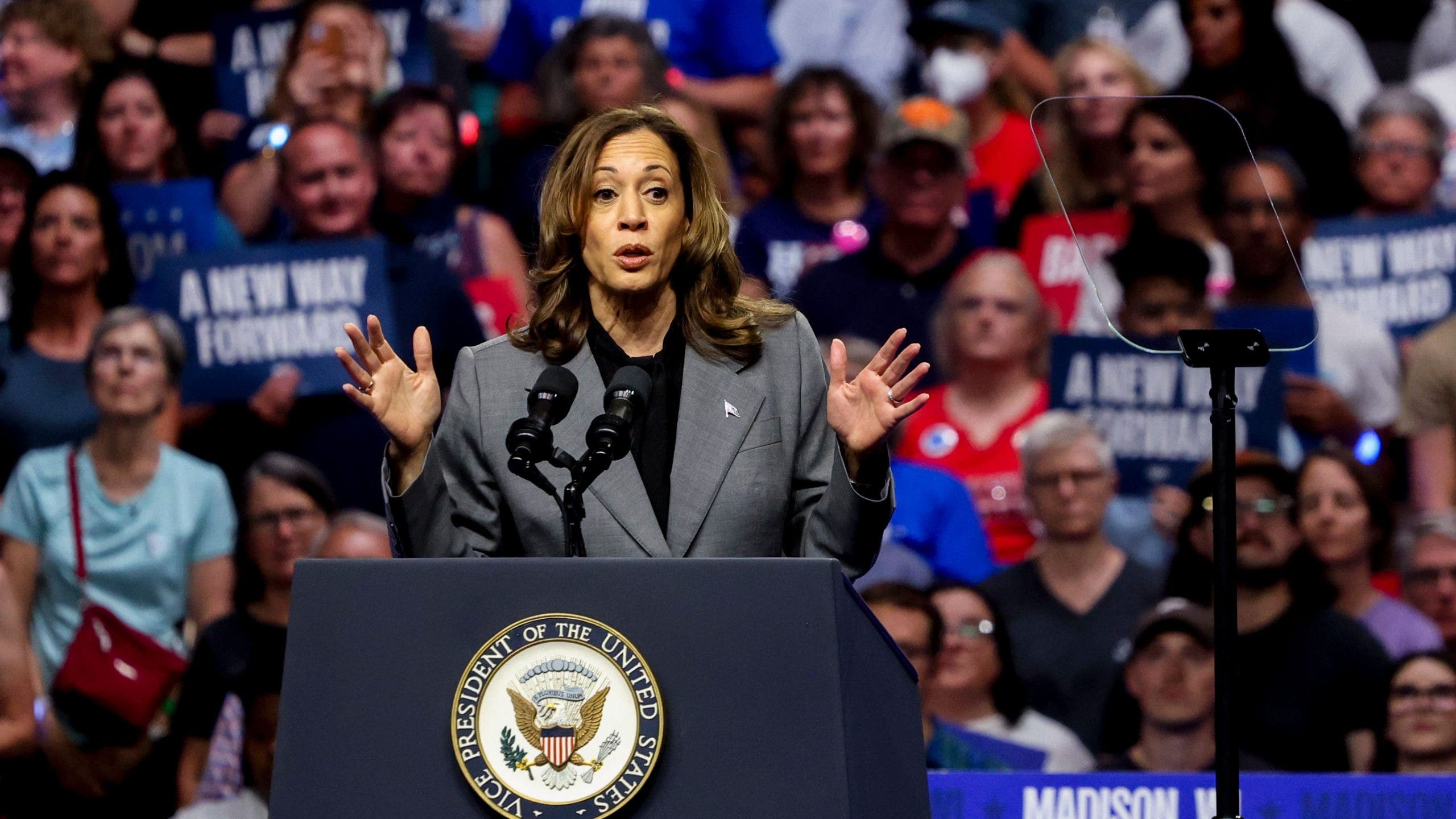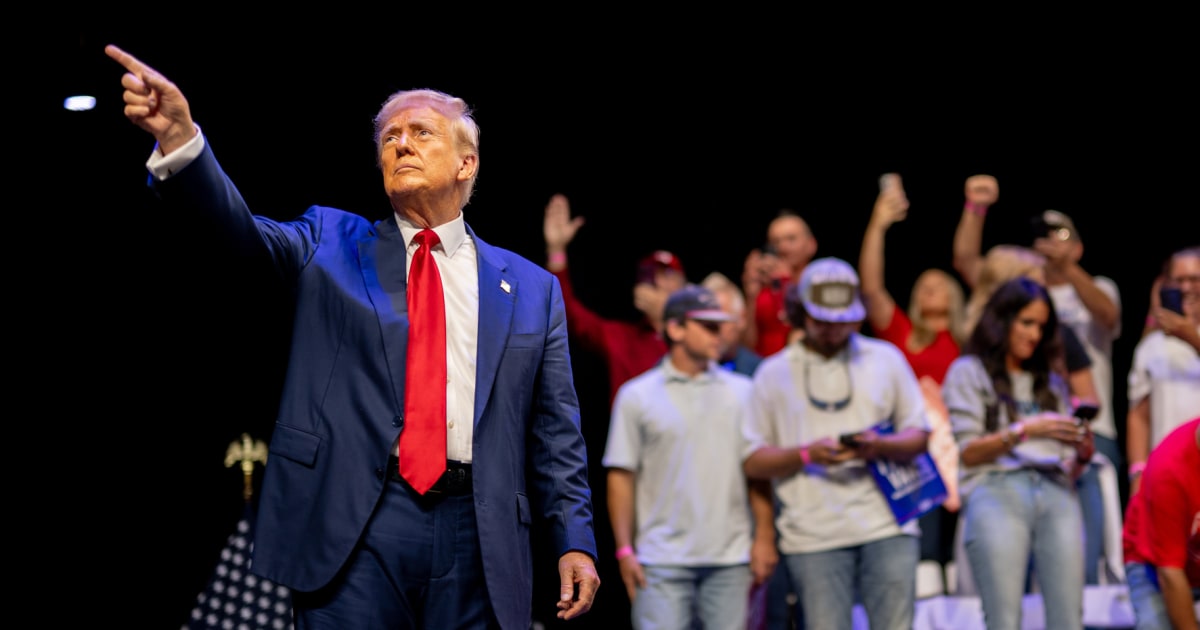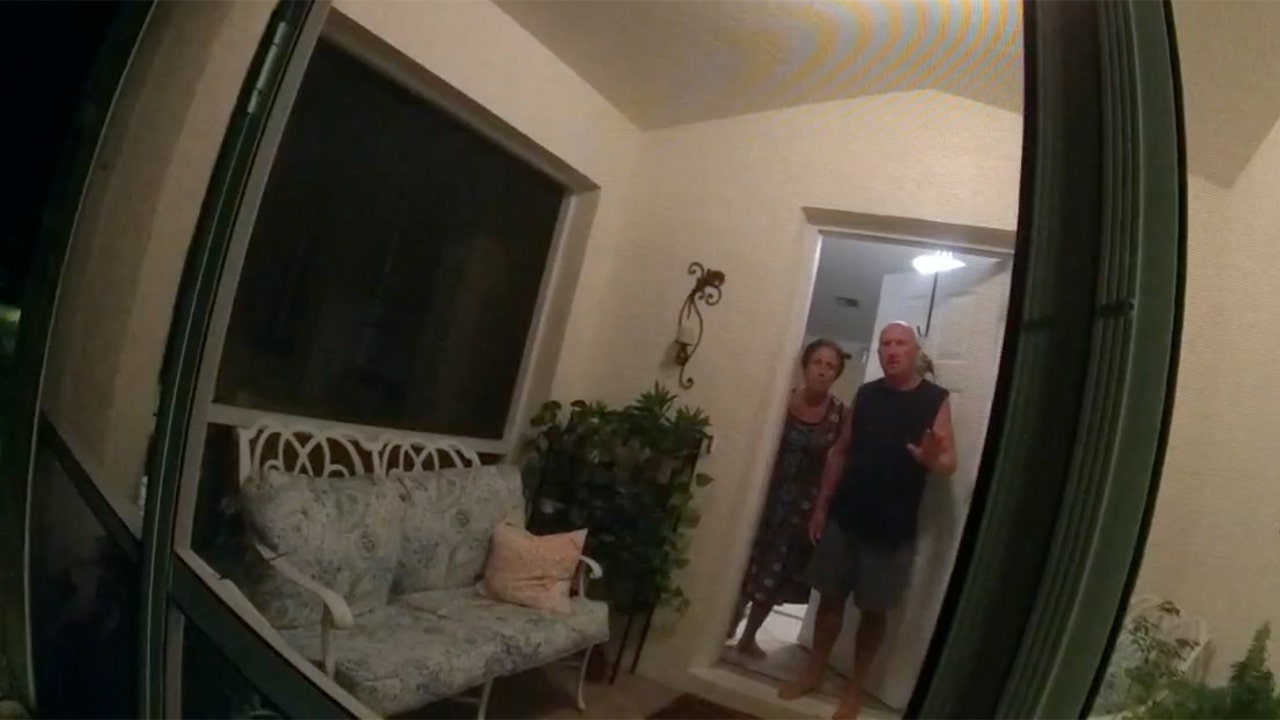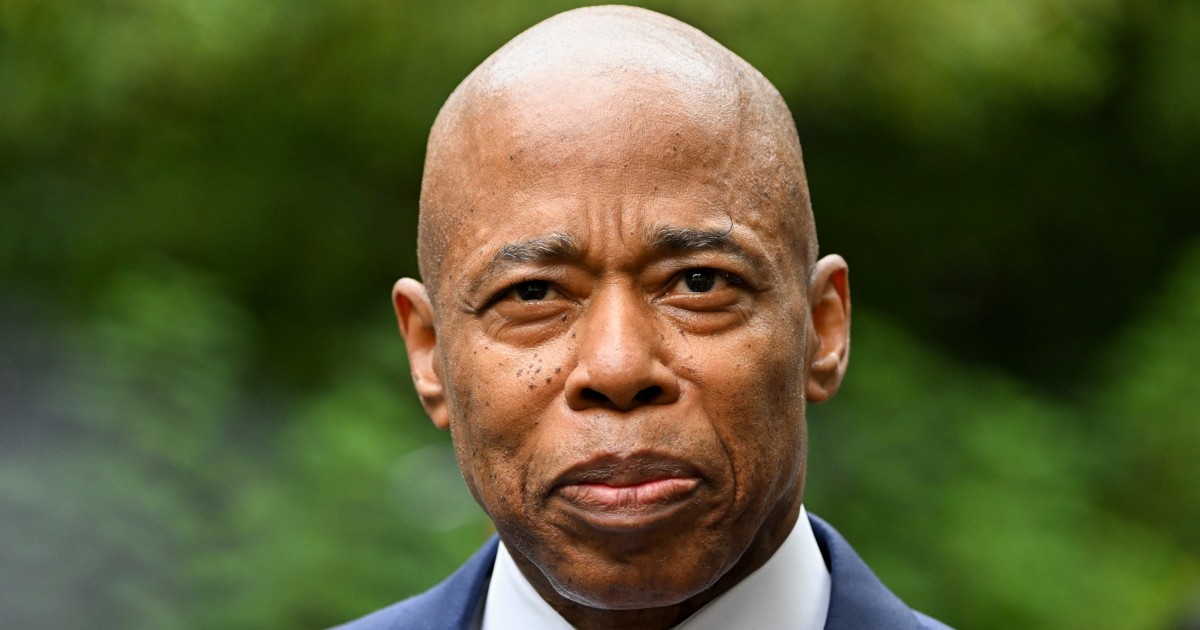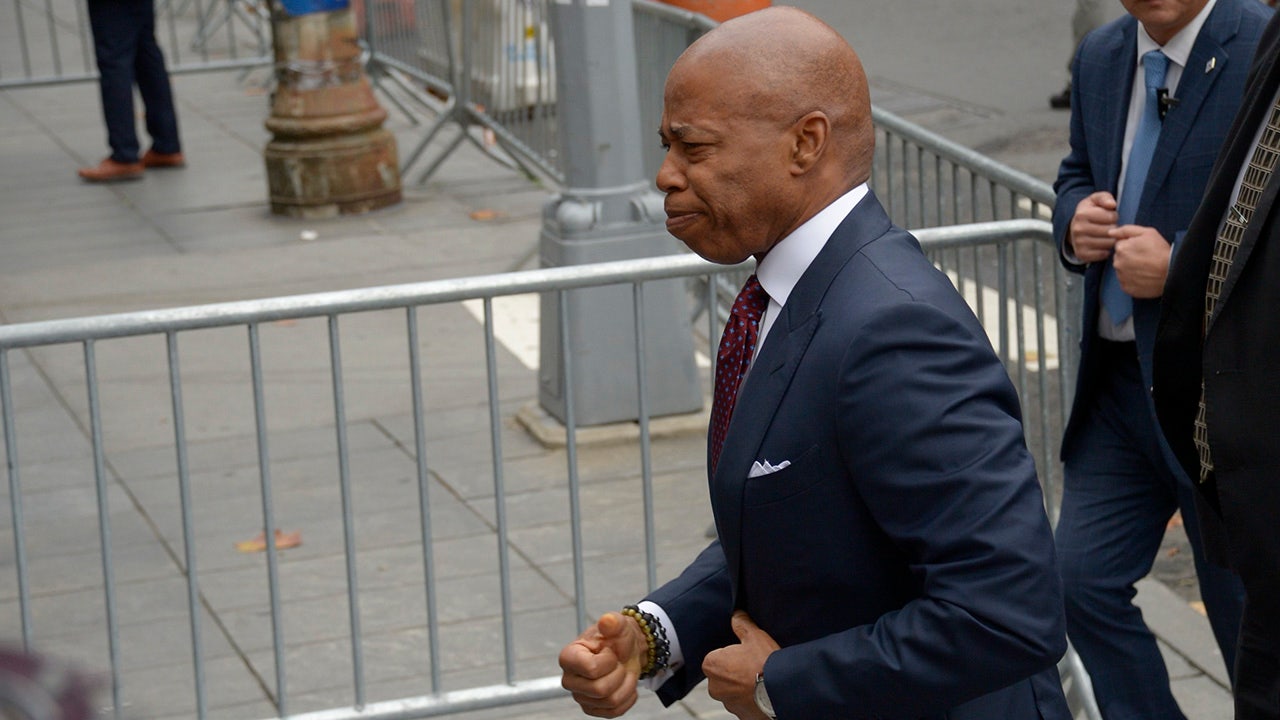Three Iranian nationals have been indicted for hacking into the campaign of former President Donald Trump, stealing emails and then sharing them with news media, according to an indictment filed in federal court in Washington on Friday.
The three Iranians, identified as members of Iran’s Islamic Revolutionary Guard Corps, hired “malicious cyber actors” to hack into the campaign of an unidentified presidential candidate in May and stole documents from it.
U.S. officials have privately said that Trump’s campaign was the victim of the attack.
Unsolicited emails that included the stolen material from Trump’s campaign were then sent to associates of his Democratic political rival. The three Islamic Revolutionary Guard Corps members who hired the hackers were identified in the indictment as Masoud Jalili, Seyyed Ali Aghamiri and Yaser Balaghi.
The personal email accounts of a former deputy director of the CIA, a former Defense Department official and an individual who appears to be longtime Trump adviser Roger Stone were also hacked.
Iran has denied the accusations, its ambassador to the United Nations calling them “entirely baseless, lacking any credibility and legitimacy” and “in no way acceptable,” the semi-official Fars news agency reported earlier this month.
The FBI and officials from the Office of the Director of National Intelligence and the Cybersecurity and Infrastructure Security Agency have said there was “currently no information” indicating that recipients associated with then-candidate President Joe Biden’s campaign had responded to the emails.
The hack against the Trump campaign is just the latest example of an increasingly brazen approach by Iran that includes alleged murder plots against dissidents and defectors on American soil and an assassination threat against former President Trump, U.S. officials and analysts say.
In a recent assessment of foreign disinformation efforts targeting the November election, U.S. intelligence officials said “Iran is making a greater effort than in the past to influence this year’s elections.”
Earlier this week, Matthew Olsen, one of the Justice Department officials who announced the indictment, said in an exclusive interview with NBC News that the level of foreign interference in the current election is unprecedented. Olsen, the head of the department’s National Security Division, said that Iran, Russia and China are all trying to influence the election.
“Let me just be as clear as I possibly can be, this is not a hoax. It’s actually happening,” Olsen said. “Russians, Iranians, the Chinese, they are seeking to interfere in our elections in ways that fundamentally undermine our democracy.”
U.S. officials have said that, broadly speaking, Russia is trying to aid Trump’s effort to win reelection, Iran is trying to damage Trump, and China is trying to influence state and local races in ways that benefit Beijing.
Olsen said the three countries — all ruled by authoritarian leaders — are seeking the same broad goals: exacerbating divisions between Americans and undermining U.S. voters’ trust in the election results and American democracy itself.
“Foreign governments are seeking to undermine our country, undermine our democracy, undermine our national security,” Olsen said. “They’re seeking to promote their own authoritarian goals by sowing discord within our country and undermining our confidence in our elections.”
A senior U.S. official told NBC News on Friday that no evidence has been found that Iran, Russia and China are directly coordinating their efforts to influence U.S. elections.
On Thursday, an American journalist who runs an independent newsletter published a document that appears to have been stolen from Trump’s presidential campaign — the first public posting of a file that appears to be part of the Iranian effort to manipulate the U.S. election.
The PDF document is a 271-page opposition research file on Trump’s running mate, Sen. JD Vance, R-Ohio.
For more than two months, hackers who stole the documents have tried to persuade the American media to write about or publish the files they stole. No outlets did.
On Thursday, reporter Ken Klippenstein, who self-publishes on Substack after he left The Intercept this year, published one of the files.
“If the document had been hacked by some ‘anonymous’ like hacker group, the news media would be all over it,” Klippenstein wrote. “I’m just not a believer of the news media as an arm of the government, doing its work combating foreign influence. Nor should it be a gatekeeper of what the public should know.”
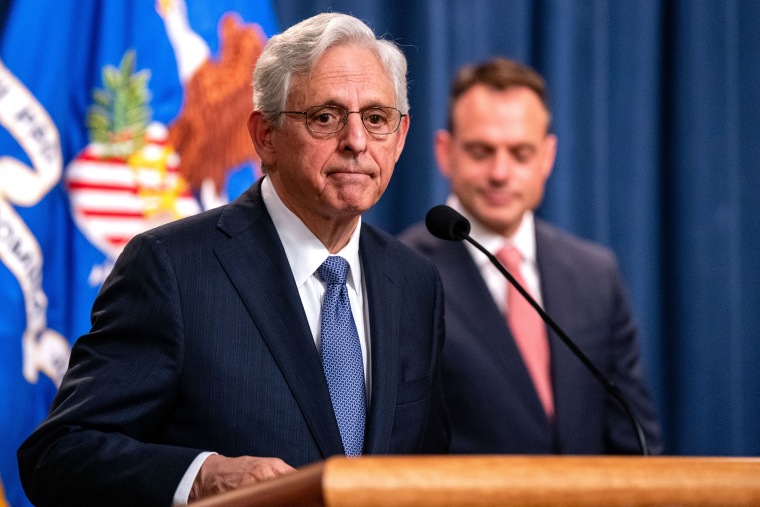
Reporters who have received the documents describe the same pattern: An AOL account emails them files, signed by a person using the name “Robert,” who is reluctant to speak to their identity or reasons for wanting the documents to receive coverage.
NBC News was not part of the Robert persona’s direct outreach, but it has viewed its correspondence with a reporter at another publication.
Earlier this month, Justice Department prosecutors indicted two RT employees, Konstantin Kalashnikov and Elena Afanasyeva, and accused them of using a Tennessee-based company as part of “covert projects” to influence American politics by posting videos to TikTok, Instagram, X and YouTube.
The RT employees sent millions of dollars to prominent right-wing commentators through a media company that appears to match the description of Tenet Media, a leading platform for pro-Trump voices, according to an NBC News review of charging documents, business records and social media profiles. Tenet posted nearly 2,000 videos that got more than 16 million views on YouTube since November 2023, according to the indictment.
It is not clear, though, what impact the foreign influence operations are having on American voters. Tenet was competing for attention in an oversaturated online space and among an electorate that, after years of consuming hyper-polarized content online, tends to seek and be served information that reinforces preexisting beliefs.
Justice Department officials said the threat of foreign interference is serious and they vowed to continue to investigate the actions of foreign governments regarding the 2024 election. Olsen urged Americans to be skeptical of unvetted information.

